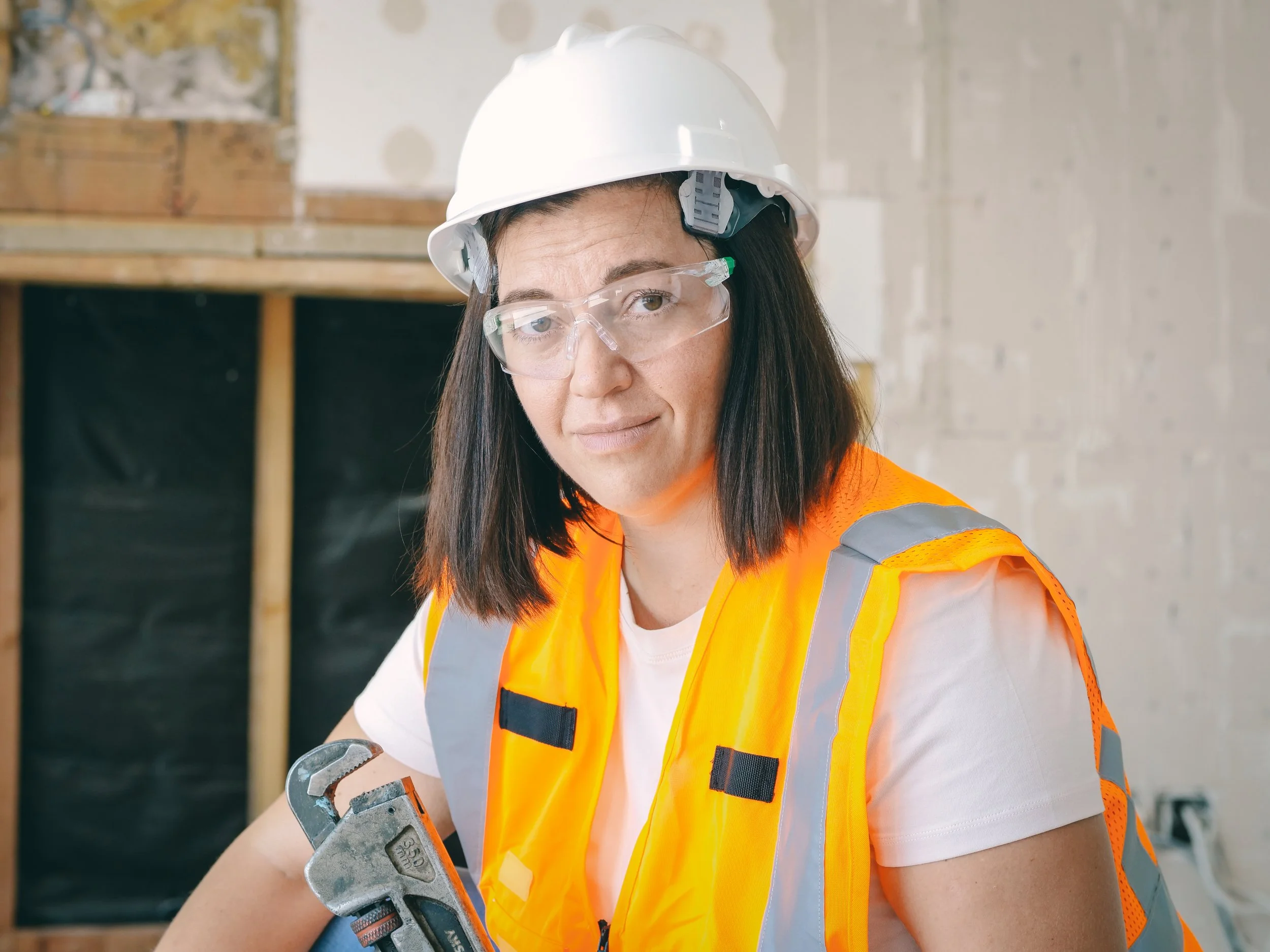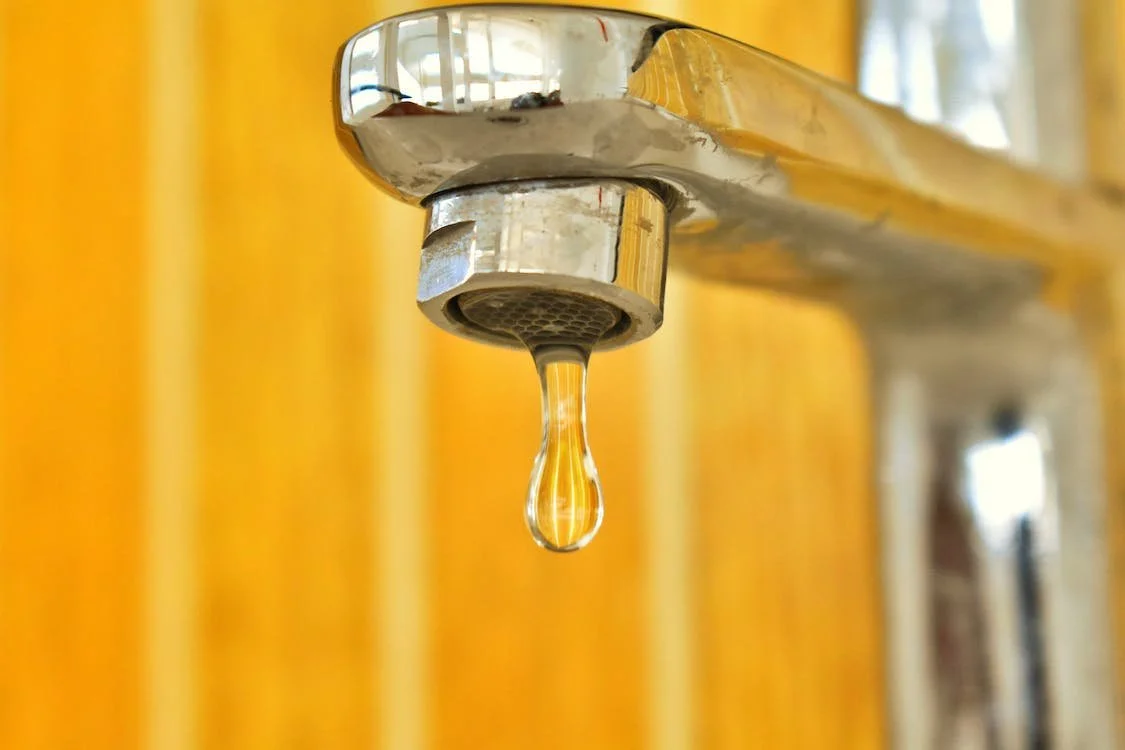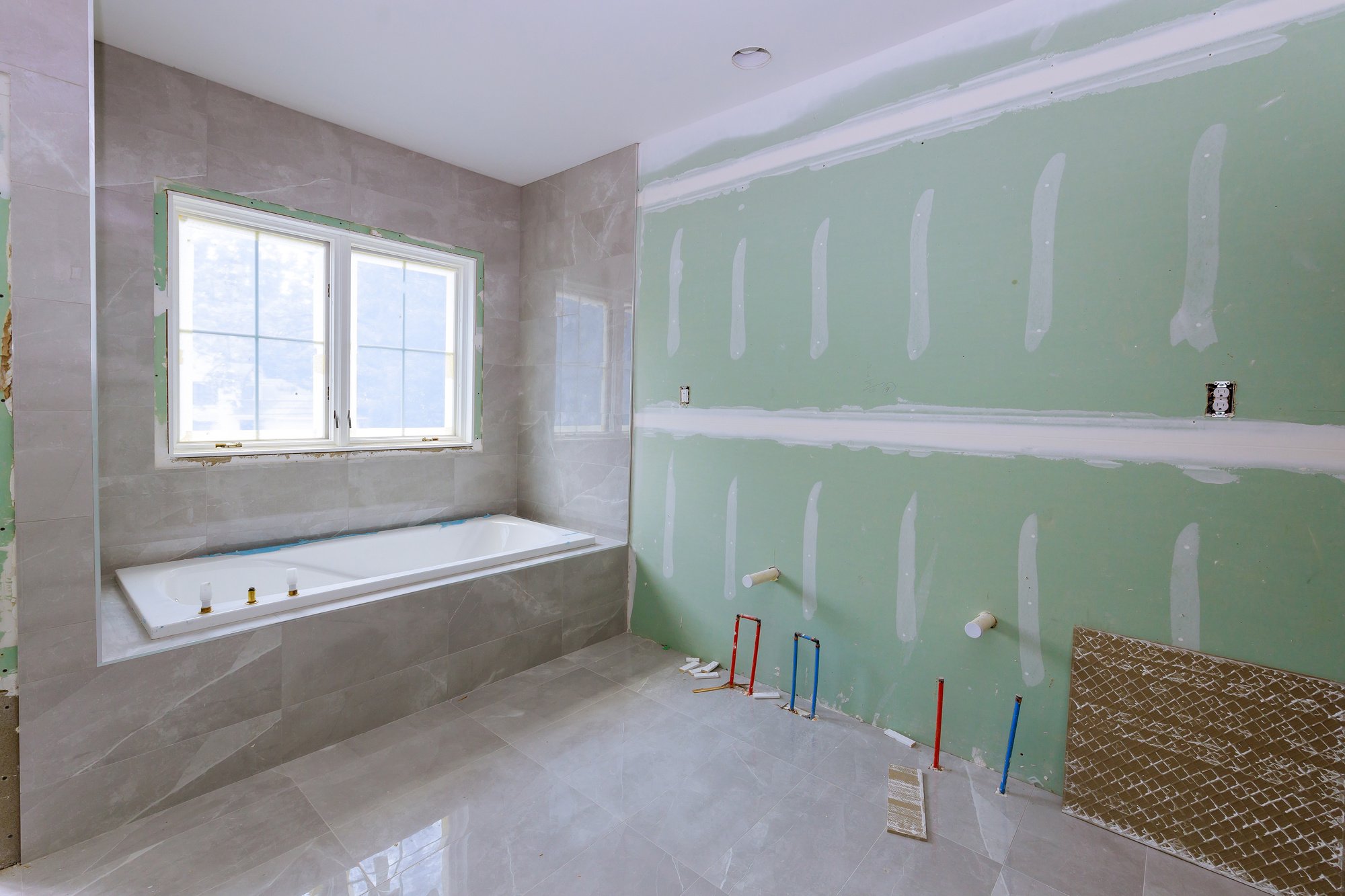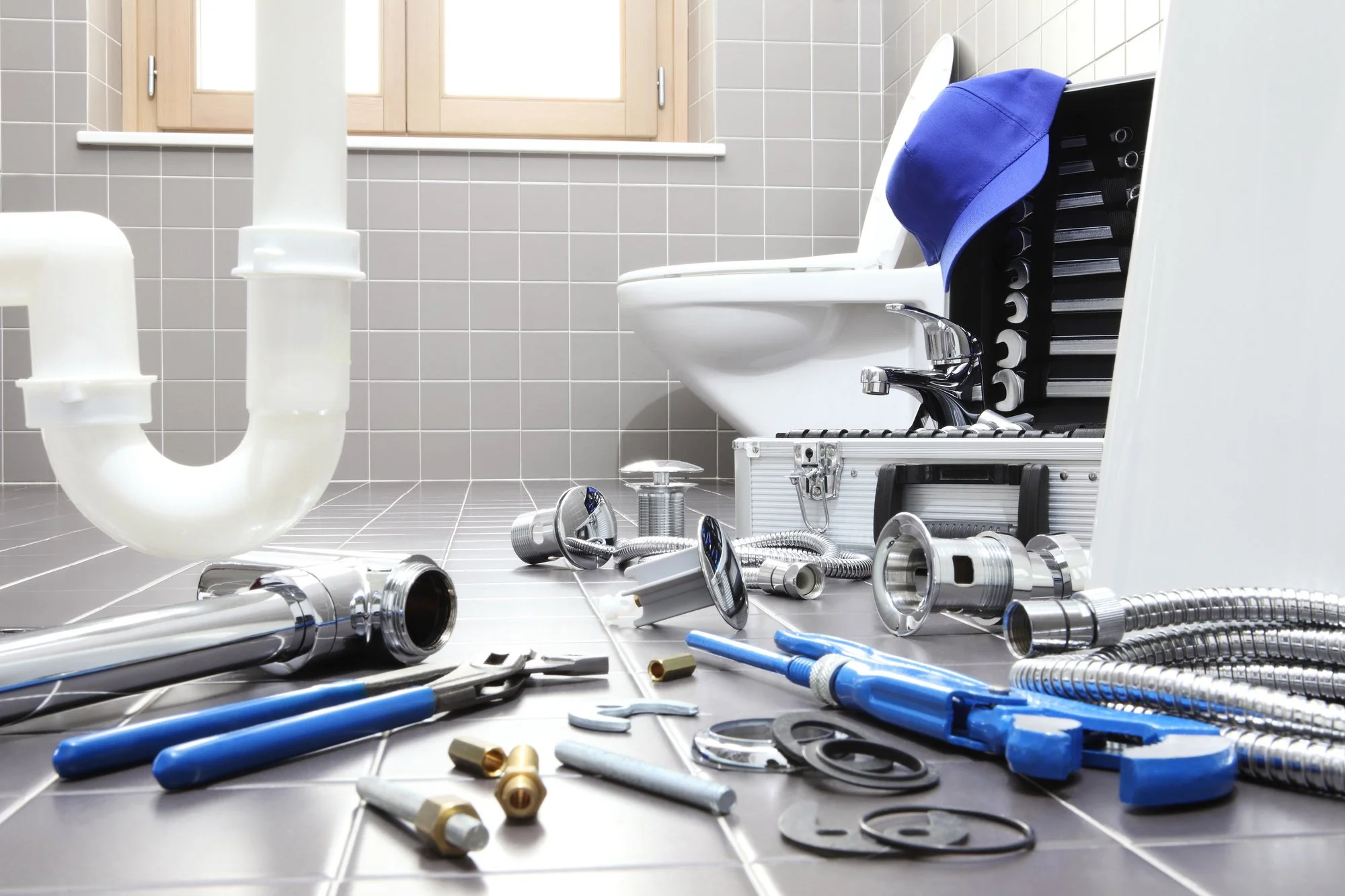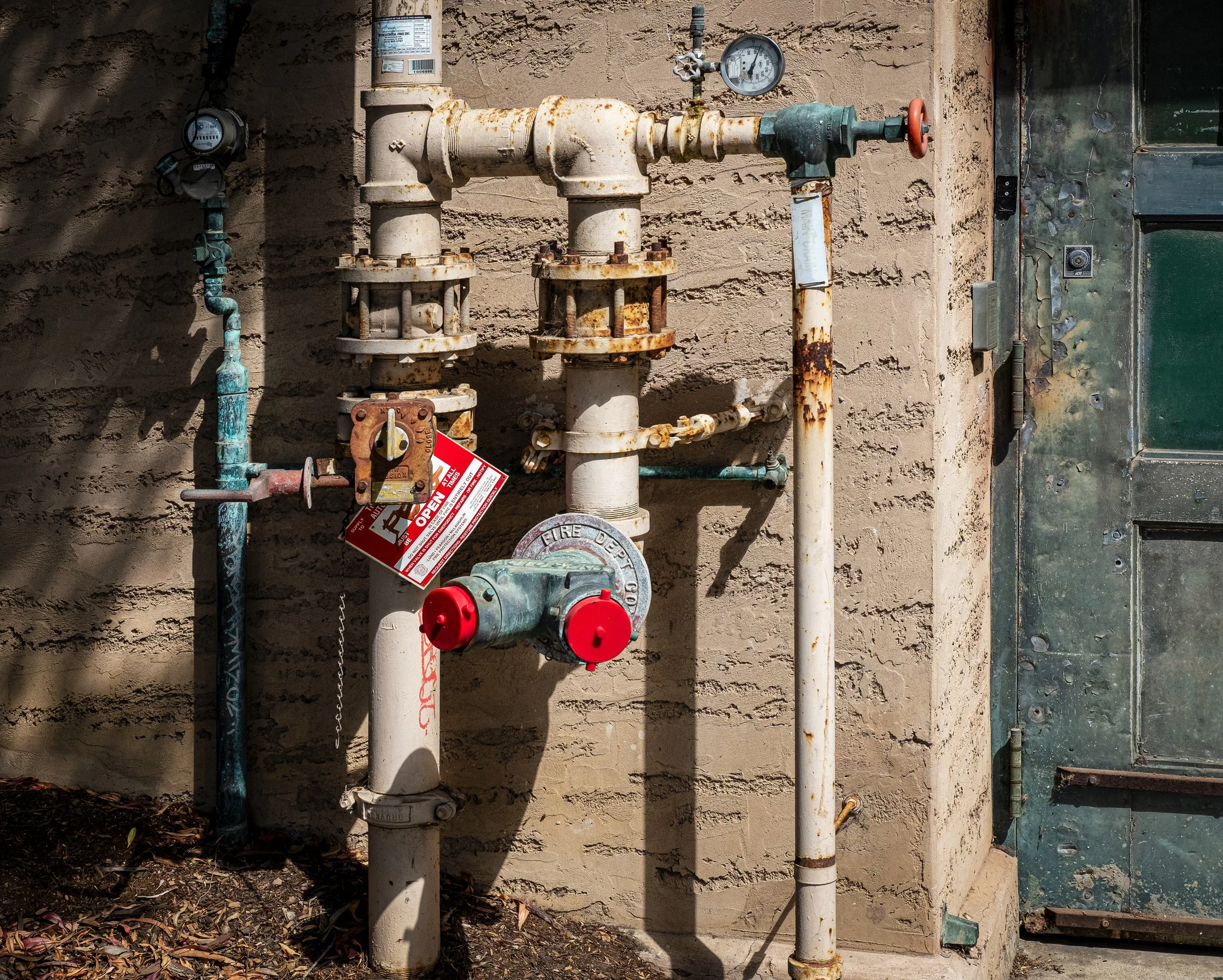10 Signs You Must Call A Plumber Soon
RH Business Marketing Solutions
Plumbers are the doctors of the water supply and drainage system. These skilled technicians install, inspect, troubleshoot, and repair pipes and plumbing systems. Their superpower is diagnosing and resolving plumbing problems.
Plumbers can also help you install an HVAC system, fire sprinklers, landscape sprinkler systems, and solar water heating systems. They can help you to build a septic system.
For plumbing technicians to step in and do their job, you need to understand when to call them. If you notice any one of these ten signs, it is time to call your plumber:
1. Leaks or drips:
If there is any visible leak or drip (faucet, shower, toilet, or outdoor), even if it may not seem serious, you should still call a plumber. The leaks from an average house in the US lead to the wastage of 10,000 gallons of water each year.
Leaks can be sneaky at times. If you cannot see a leak but the water bill is still higher than normal, you should still call your plumber. To avoid, wasting water and paying high utility bills, call the expert.
2. Wet ceiling, floor, or walls:
This is in the scenario where there is no obvious leak, yet there are damp spots on either the ceiling, walls, or floor. If this dampness goes unattended, it can damage the structural integrity of your house. Wet spots also increase the risk of accidents and injuries.
3. Low water pressure:
If even a simple task like washing your hands seems to be taking forever because the water pressure is so low, it is time to get a plumbing consultation. If the water supply to your house is good, and yet the water pressure is low, it may mean that there are loose or leaking pipes somewhere.
4. Rusty pipes:
If the exposed pipes of your house are showing rusting signs, it is a clear and obvious sign that you need to update your plumbing system. Water from rusty pipes can pose a risk to your health.
5. Strangely noisy pipes:
A well-functioning plumbing system is not bound to make loud noises. If every time you turn a faucet on or off, the pipes make strange noises, it is time to get the pipes inspected. The rattling pipes are not the work of a poltergeist, they are signs of plumbing problems.
6. Slow drains:
If all or most of the drains in your house are doing their job in a frustratingly slow manner, there is a problem that requires inspection by an expert. It is a more glaring sign if your plunger is not effective in getting rid of the clogs. Plumbers have special tools that help them get to the core problem faster.
7. Unpleasant smells:
If a sewage-like smell is permeating your home, it indicates a plumbing issue. Strong unpleasant smells can make it very difficult to stay in the house, and the person you should reach out to for help in this scenario is a plumber.
8. Colored water:
A large quantity of pure water might have a light cyan tinge, while smaller quantities of water appear clear and colorless. The water from your faucets and showerheads needs to look clear. Dirty, murky water is an obvious issue. If your water is turning a weird color like pink, green, black, or purple, call a plumbing expert. Such water may be contaminated and may be hazardous to your health.
9. Hot water issues:
If you consistently face the problem of having no hot water, there might be problems with your water heater, or there may be drips in the pipes, or you may require some upgrades. If the water temperature is fluctuating too suddenly and quickly, it could result in burns. Any frequent or long-term problems with the hot water call for the attention of a plumber.
10. Overflowing toilets:
The reasons behind an overflowing toilet may be a blocked drain or vent pipe, or a high filler float. If this sounds like plumbing jargon, then you know you should avoid trying to DIY your way out of this problem. Save yourself from the embarrassment and disgust of overflowing toilets by calling the ones with knowledge and expertise.
Have you noticed any of the above signs? Do you have the contact number of a dependable plumber? If you do not know a plumber that you can call immediately, it is time to look into the matter.
Finding a trustworthy plumber can be tricky, but with some research, you can find an affordable and reliable plumbing service. If you call a plumber in time, it may result in saving nine pipes (or in hazardous scenarios, even lives). A plumber can prevent a minor problem from turning into a major one.
Guest Contributor: Kevin Fagan

